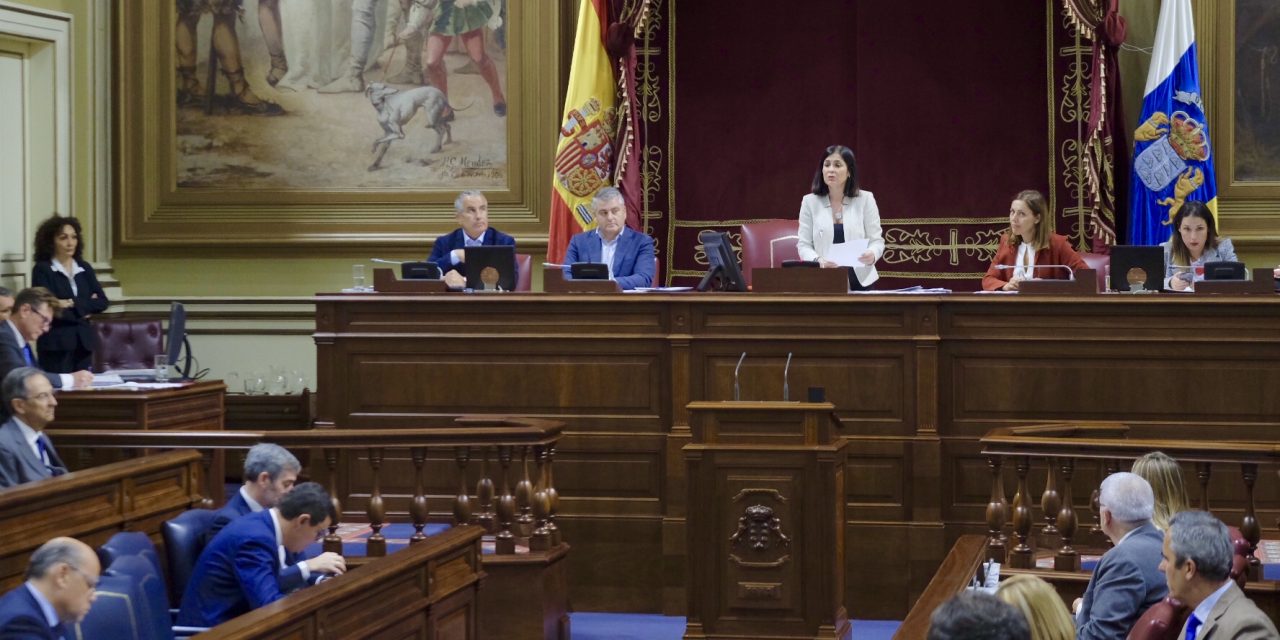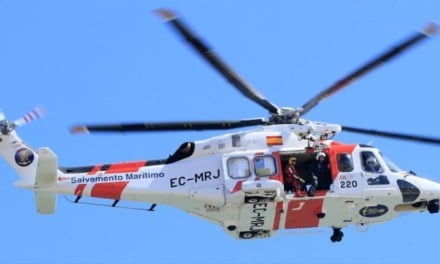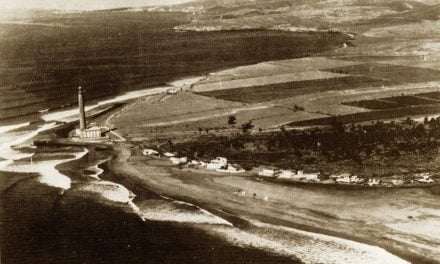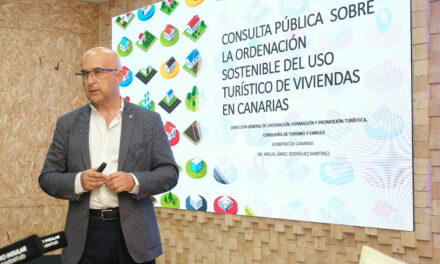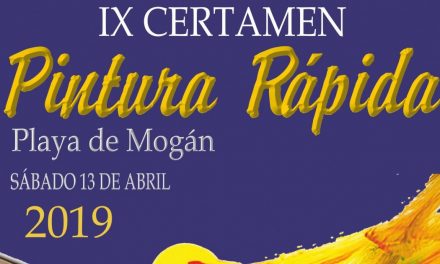Whether you like politics or not, it is the only place you, as a resident, have a real consistent voice in how you are governed on a local and regional level. It has real effects on your life, everything from building policy, to rubbish collection, to licensing laws, and even how the rules on holiday homes are interpreted, all have a real, every day effect on how locals live their lives.
You only have until the end of December to register at your local town hall for the 2019 local elections. Don’t stay silent, gather your community, register to vote, so you too can have a say next May.
Electoral pre-campaigning has already begun to manifest itself in the plenary session of the Regional Canary Islands Parliament, as was seen on Tuesday 11 December as the main national left and right wing parties launced successive attacks against the management of Pablo Rodriquez, current vice president of the current Canarian Government. Gran Canaria it appears will the main prize being hotly contested in the forth coming elections -with Fuerteventura following too – as PSOE (socialists) and PP (conservatives) struggled to gain the upper hand, as they repeatedly named Rodriguez, who heads the electoral list for the regionalist Canary Coalition (CC), currently in power, and will stand for Gran Canaria in the autonomic elections next May. Much unnecessary vying for position has been reported.
 The electoral strategy machine, according to Canarian daily La Provincia, has “begun to release black smoke through the chimney”, a reference to papal elections in Rome, when the ballots of the cardinals are yet undecided. One of the “hills to conquer” in this upcoming election will be Gran Canaria, a traditional bastion of the PP. They know that the size of their foreseeable setbacks will depend on their resilience on this island. Socialists and progressives want to see an end to PP dominance, particularly following the dramatic change of Spanish government last summer, following a vote of no confidence in the premiership of Mariano Rajoy, following multiple corruption scandals from deep within the very heart of the conservative right wing.
The electoral strategy machine, according to Canarian daily La Provincia, has “begun to release black smoke through the chimney”, a reference to papal elections in Rome, when the ballots of the cardinals are yet undecided. One of the “hills to conquer” in this upcoming election will be Gran Canaria, a traditional bastion of the PP. They know that the size of their foreseeable setbacks will depend on their resilience on this island. Socialists and progressives want to see an end to PP dominance, particularly following the dramatic change of Spanish government last summer, following a vote of no confidence in the premiership of Mariano Rajoy, following multiple corruption scandals from deep within the very heart of the conservative right wing.
The well-founded fear of the PP, writes La Provincia commentator July Gutierrez, is the drag effect on the regional level of support for the PP that leading candidates José Miguel Bravo de Laguna, ex PP president of the Cabildo de Gran Canaria and now leader of his own right leaning regional party, along with that of the popular Nardy Barrios, who is standing for mayor of the capital, may have.
Editors Comment:
It should be noted that the La Provincia publication seems to paint only a right leaning range of combatants when discussing the upcoming campaigns, though of course Spain is currently under a socialist government, many rural and regional leanings are towards the right, while nationally Spain paints itself as a “Socialist Democracy”. 2015 saw an extraordinary rise in a new type of political party, that seems very much to have been grass roots and people driven, with the sudden rise of Podemos, the progressive centre-left, followed quickly by a counter balancing young Ciudadanos party, centre right, Spain for the first time in its 40 years of democracy became a four party race, with wider representation throughout the houses of the Cortes and the Senate.
There seems, here on the Canary Islands at least, to be a vigour to Spanish politics that is just not seen in more northerly countries, like the UK, particularly on the local council level. Perhaps it is to do with the relatively small populations in each municipal area, meaning that direct effects can be seen more easily from the work of each government group in power.
The way that voting works here on the islands enjoys an extra level of representation from the rest of Spain, due to the island nature of this region. When you vote for a local party here on Gran Canaria, and therefore a mayor, whoever wins will lead the town hall of the various successful candidates. The mayor will also represent the municipality on the insular level, with the cabildo, made up of various senior positions chosen from the 21 municipal town halls on the island. The president of the Cabildo and his team represent the island.
On top of that you have provincial parties represented in the regional government, as well as island representatives in the Cortes, the national Spanish parliament, and senators who represent the various regions.
It can be confusing, when you look at the Spanish picture as a whole. But here on the islands there seems to be some very clear choices, those who represent from a Nationalist and conservative perspective, and those who are Regionalist coalitions or progressive socialists.
Up until 2015 on a national level it was pretty much a two horse race, red or blue, socialist or conservative, though it has often been more colourful here on the islands, however 2015 seems to have changed the game significantly with new progressive parties making real headway.
2019 promises to be very interesting indeed. And so we here at The Canary say are beginning to ask a very simple question:
“With more than 12% of the resident population of Gran Canaria being foreign born, with the primary languages they speak being English, German & Scandinavian family languages; why is it that there are so few foreign council people or members of town halls, if any at all? Particularly on the south of Gran Canaria, where nearly half the population is foreign born. Isn’t it time that these foreign residents had proper representation? Or should foreigners just leave politics to the natives?”

